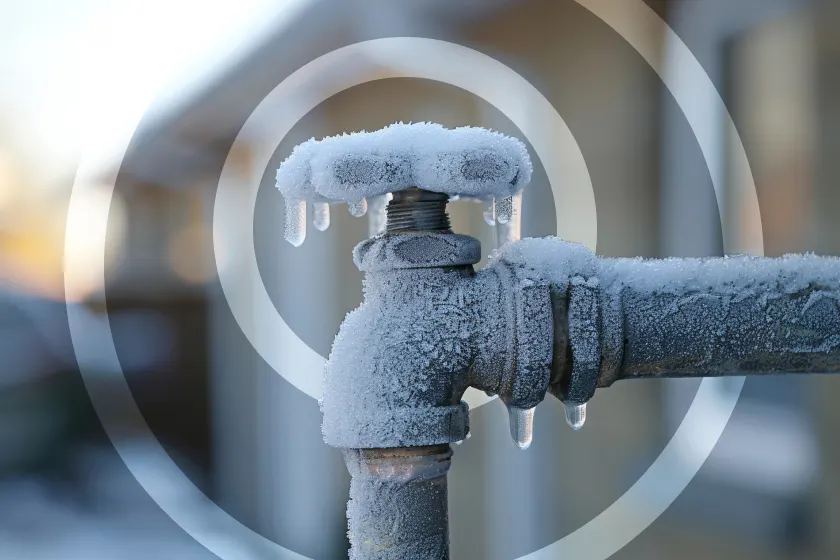
Think winter is only tough on your car or your heating bill? Think again. Snowflakes might look harmless falling outside your window, but your pipes know better. Without proper plumbing maintenance, the shift to freezing temperatures could lead to frozen pipes, cracks, or even full-blown flooding inside your home.
A single burst pipe can dump gallons of water inside your home, wrecking walls, floors, and your wallet. However, there is a silver lining: you can avoid most winter plumbing nightmares with just a bit of proactive care.
This blog is packed with practical maintenance tips, serving as a helpful guide to protect your home’s plumbing system.
So, if you want to keep your home warm and dry (instead of frantically calling an emergency plumber for repairs), continue reading. We are here to help you prepare like a pro with a winter-ready checklist.
Cold weather throws your plumbing system into a state of survival mode. Let us talk about the biggest cold-weather battles it faces.
Homeowners in regions that face sudden cold snaps, such as Atlanta, know how quickly freezing pipes can become a costly issue. They rely on a home warranty in Atlanta to cover plumbing systems and get peace of mind.
Nobody imagines spending winter dealing with soaked floors and busted pipes. Luckily, keeping up with routine plumbing checks can help you dodge those cold-weather disasters before they start.
Here are the reasons why winter plumbing maintenance is so important:
As the air turns crisp and the days grow shorter, now is the perfect time to prepare your plumbing system for the colder months ahead. We have compiled ten handy fall plumbing tips to help ensure your home is fully prepared and protected before the snow arrives.
Let’s get your to-do list started!
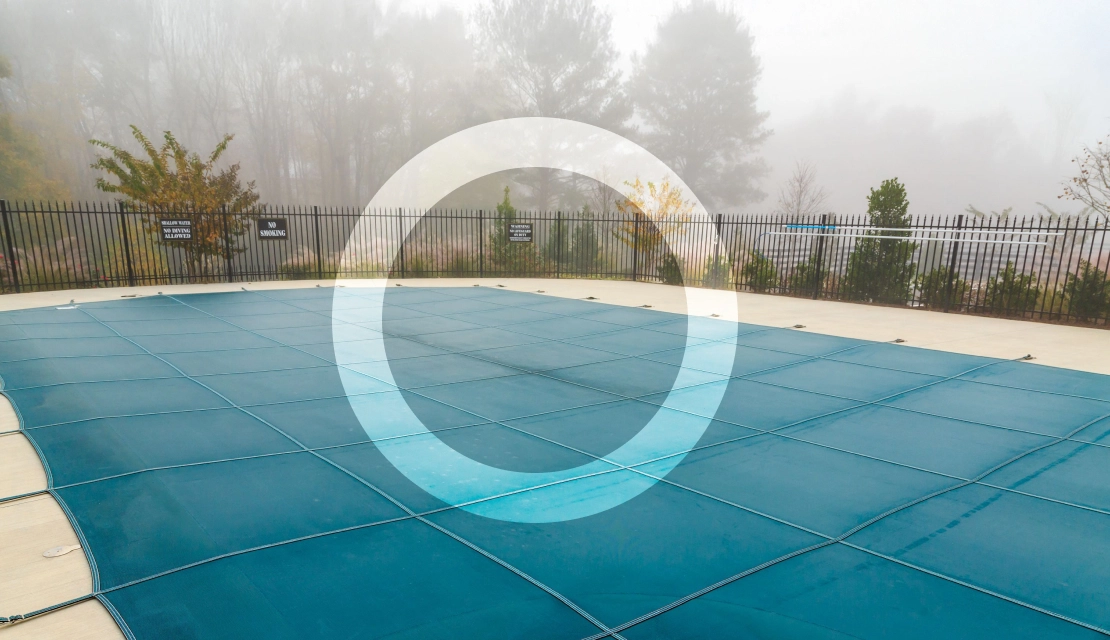
First things first, unhook those hoses and check your outdoor faucets. Did you notice any slow drips or tiny leaks? Take care of them now, because once the cold sets in, they can lead to frozen pipes and even burst lines.
Once you are sure everything is in order, insulate those faucets to keep them safe during the freeze. It is a small step, but it can help protect your exterior, foundation, and yard from costly freeze damage.
Pipes in your garage, attic, or crawl space are especially vulnerable when winter rolls through. Adding water pipe insulation is a small but important step to keep them from freezing and cracking when temperatures plunge.
Trust us, it’s way cheaper and easier to insulate now than to deal with a burst pipe and water damage in the dead of winter.
Before winter gets its icy grip on your plumbing, you should do a leak check. Inspect exposed pipes thoroughly, test your faucets for pressure drops, and check your water meter for signs of hidden issues.
Even a small leak can freeze solid and rupture, causing major water damage. So, it’s better to handle it now, and not get stuck with a flooded mess when winter’s at its worst.
Winter can be brutal on your sump pump if it is left exposed. So, before temperatures dip, make sure to give it a check-up and cover it with proper insulation. You can use foam sheets, fiberglass, or even insulated pipe wrap, whatever fits best.
You need to cut it to size and secure it well. And yes, don’t forget about the discharge pipe. It needs some protection too!
Your water heater will be working overtime as temperatures drop, so it’s necessary to flush the tank before winter hits. Often, sediment buildup inside the tank makes it harder for the water to heat up and puts more stress on the system. A good flush clears out debris and helps your heater stay efficient throughout the season.
Even though gutters aren’t part of your plumbing maintenance, they are key for keeping water away from your home. If they are clogged with leaves, water can pool and cause problems with the roof or foundation.
Clear out debris and gunk, and then rinse everything with a hose. Additionally, ensure that the downspouts are functioning properly to prevent water from backing up near the house.
Before the temperatures drop, make sure to disconnect and drain all outdoor hoses. If left attached, any leftover water can freeze, expand, and crack your pipes or outdoor faucets. After you have drained and dried the hoses, store them indoors, like in a shed or garage, for the season. This quick fix can prevent major winter plumbing mishaps.
Even if you are not home, your pipes still need some warmth. So, if you are heading out for a few days, be sure to leave the heat on. Keep your thermostat set at a minimum of 55°F so that your pipes don’t freeze while you are away. It is one of those “set it and forget it” things that really pays off.
Since winter is here, it’s time to drain the pool, cover it tightly, and secure the safety latches to keep kids safe. For your hot tub, consider adding an insulated cover to help reduce your heating bill. If you are not sure where to start, a local plumber can guide you.
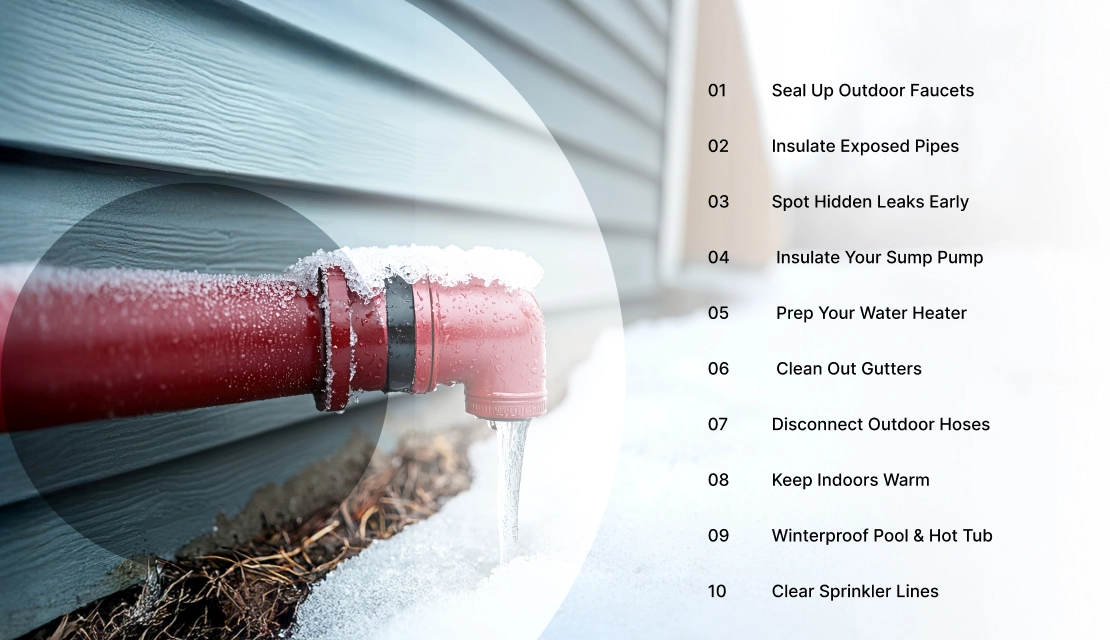
Your sprinkler system needs a quick winter check. If you haven’t drained your sprinkler system yet, now is the right time! Clearing the water out helps prevent frozen or cracked pipes. For extra protection, cover any outdoor faucets with a faucet jacket to help them withstand the cold.
Of course, all the above-mentioned plumbing maintenance tips will help your home’s piping system hold up well during the winter. However, bringing in a professional for an inspection really cuts down the risk of water damage and expensive repairs.
The experts have tools that go way beyond a quick glance under the sink. With cameras and detectors, they can spot small leaks, worn connections, or pipes at risk of freezing. These are things that can easily slip past the average homeowner, but professionals will catch and fix them before they become a frozen mess.
They will also check your water heater and protect vulnerable pipes with heat tape or insulation where needed. A professional inspection now gives you peace of mind for the rest of the winter. It’s all about staying ahead of issues so you don’t get hit with a plumbing emergency when the weather turns cold.
At the end of the day, well-planned plumbing maintenance is your biggest ally when winter hits hard. A little effort up front means no frozen pipes bursting at 2 a.m. or unexpected water heater breakdowns in chilly winter.
After all, nobody wants their living room to turn into an ice rink come January. So, taking these simple precautions beforehand helps keep your home safe and your wallet intact during the cold months.
And let us not forget how a home warranty can really help in this. It serves as a safety shield against unforeseen plumbing emergencies. With the right coverage, you won’t be stuck footing the bill when things go wrong. That sense of assurance is worth every penny when winter storms roll in.
So, what are you waiting for? Keep the chill out, stay ready, and count on your warranty provider when things go sideways!
Disclaimer: The information in this article is intended to provide guidance on the proper maintenance and care of systems and appliances in the home. Not all the topics mentioned are covered by our home warranty plans. Please review your home warranty contract carefully to understand your coverage.
Our blogs and articles may link to third-party sites that offer products, services, coaches, consultants, and/or experts. Any such link is provided for reference only and not intended as an endorsement or statement that the information provided by the other party is accurate. We are not compensated for any products or services purchased from these third-party links

Don’t wait until it’s too late! Check out our current plans and get your free quote.

Home Warranty
If you have ever wondered why some homes sell for less than others, foreclosures are often part of the answer. These properties hit the market when owners can't keep up..
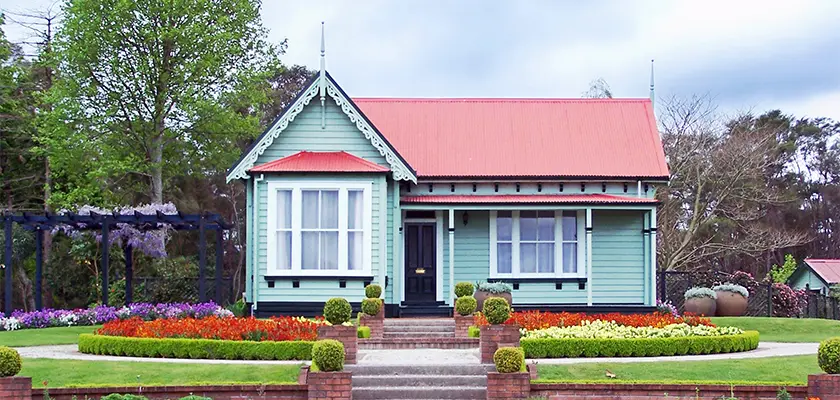
Real Estate
The idea of owning a home is exciting, but the process can feel overwhelming. Before you start house hunting, it is important to understand how to buy a home the..
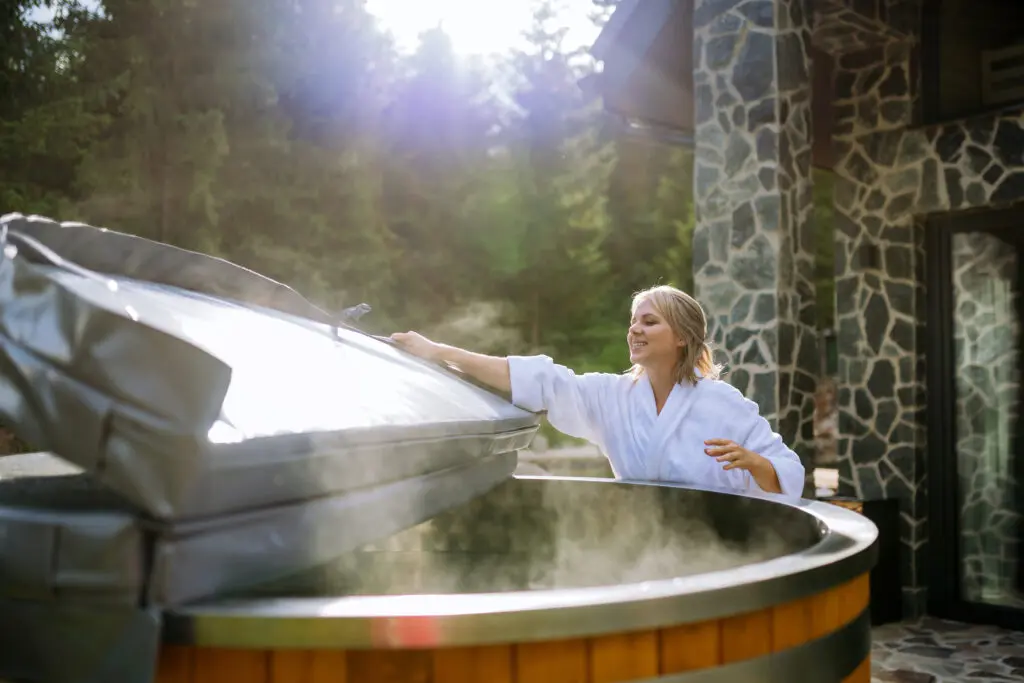
Household Tips
A hot tub is the perfect way to relax at the end of a hard day. Of course, when you fire yours up, you don’t want that R&R disrupted by..